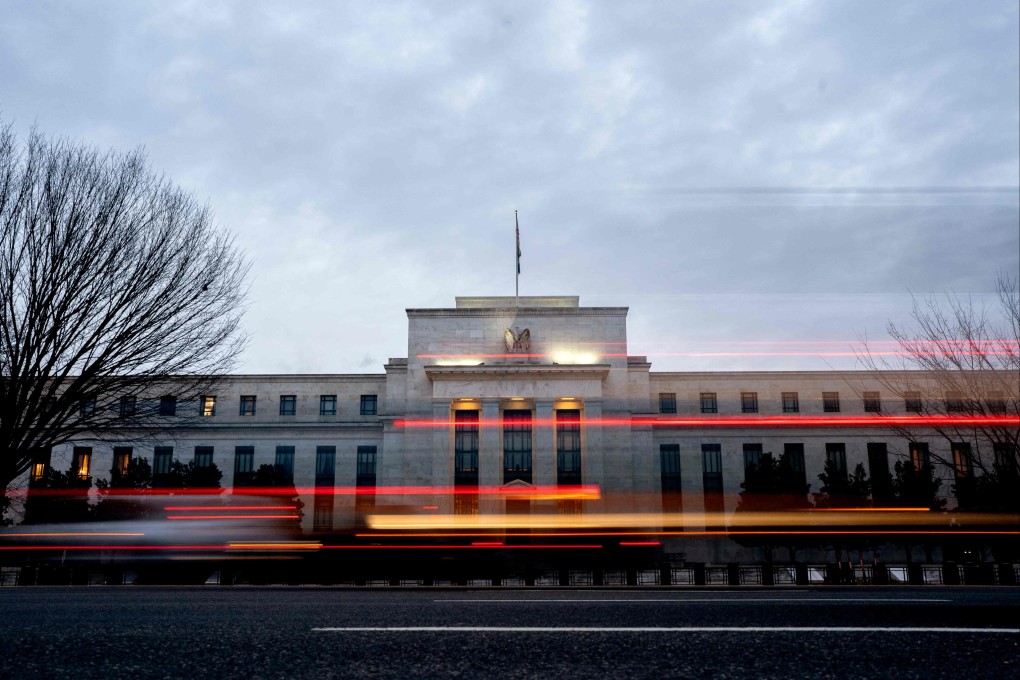Hong Kong stocks slide to 4-month low as US jobs data dampens rate-cut hopes
MTR Corp, Bank of China, Baidu and Alibaba decline, while risk of fund outflows from Asian markets rises

The Hang Seng Index fell 1 per cent to 18,874.14 at the close, the lowest level since September 23. The Hang Seng Tech Index dropped 0.9 per cent. In China, the CSI 300 Index slipped 0.3 per cent, and the Shanghai Composite Index retreated 0.2 per cent.
MTR Corp, Hong Kong’s subway operator, dropped more than 4 per cent after HSBC downgraded its rating on the stock. Bank of China lost more than 3 per cent as the stock traded without an entitlement to a dividend payout. Alibaba Group Holding and search engine operator Baidu fell at least 1 per cent.
US stocks erased this year’s gains on Friday as better-than-expected US payroll data further dampened bets on policy loosening by the Fed this year. Bank of America, which previously expected two quarter-point reductions in 2025, said it no longer expects any cuts and there is a risk of an increase. Citigroup, the most optimistic among the Wall Street firms, predicts five quarter-point cutbacks that will start in May. Goldman Sachs sees two cuts versus three in a previous forecast.
The US dollar index rose to the highest since November 2022, and the rate-sensitive 10-year Treasury fell, driving the yield to a level not seen since November 2023 at around 4.76 per cent. The rising risk premium reduces the appeal of stocks.
“This explosive revelation puts a firm pause on any whispers of imminent rate cuts,” said Stephen Innes, managing director at SPI Asset Management in Bangkok. “Simultaneously, US consumer inflation fears have been ignited and fuelled by the spectre of Trump-era tariffs. Adding to the skittish sentiment is the uncertainty over how Asian economies, especially China, will fare under the shadow of the incoming Trump administration’s ‘America First’ trade policies.”
